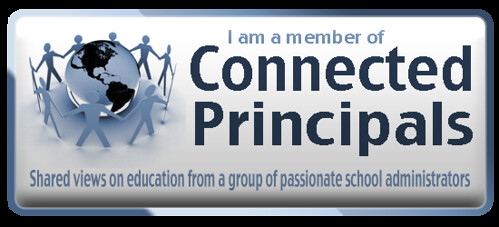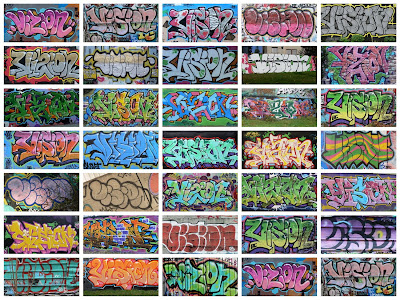
It's all about balance...
I've been reading Swiss Family Robinson to my kids before bedtimes, and every night we end up looking something up on Google. First it was the roast ortolan (check out this YouTube video, if you dare:
http://bit.ly/tdRgk), then the cat-like creature, and most recently manioc meal. My children are fascinated by the myriad ways the stranded adventurers met their most basic needs. The family in the story is necessarily consumed with providing for their food and shelter in an extreme situation. While my children might not be able to relate to the struggle for survival on a desert island, they are certainly aware of the pressures placed on caring for oneself in our modern Western society. Similarly, recent discussions with colleagues have highlighted for me the frequent struggle to maintain balance and the inclination to place many priorities ahead of one's own self care. I, for one, often struggle to maintain personal balance in the face of professional pressures and demands on my time.
Research tells us that it is when we are confronted by our most difficult or stressful situations that we must be most vigilant in maintaining balance in our lives. This necessitates making time in our lives for activities that are relaxing, bring pleasure and create a sense of purpose or accomplishment (see note 1).
So what can we do to take care of ourselves with such busy schedules? In “The ABCs of Managing Teacher Stress” Liza Nagel and Sheri Brown discuss several practical ideas (see note 2).
- Acknowledge the source of stress and what exacerbates it
- Exercise to reduce the secretion of stress hormones
- Meditation and deep breathing can help create emotional balance
- Collegial conversations encourage positive outlets and solutions
- Adopt effective time management strategies
Stress-coping strategies should take into account a holistic approach that considers all aspects of a person's life. In addition, one must consider building resistance to stress, as it will not always be possible to negate the impact of it on our lives. (see note 3). Another way to think of this is to consider what are the characteristics of a healthy organisation, and then develop appropriate personal and organisational practices. Some characteristics of a healthy school could include:
- consultative decision making
- consensus based on shared values
- clearly defined roles and expectations
- positive feedback and praise
- clearly defined policies and procedures
- robust support for new colleagues (see note 3)
The challenge is to put all of this into practise. I've set aside regular time for reflection and writing, but an emergent situation always seems to arise. I do my best to keep up with professional reading, but there always seems to be another great novel on the top of my pile. I'm working at fostering outside interests and squeezing them into my schedule. Perhaps I need to adopt a policy of “no more buts”. I also think it would be advice well taken to remember the Wealthy Barber's mantra of “pay yourself first”. I'd be happy to hear how others are managing balance in their lives.
1. Brooks, Robert B.. The Power of Resilience: Achieving Balance, Confidence and Personal Strength in Your Life, McGraw-Hill, 2004.
2. Nagel, Liza and Brown, Sheri (2003) “The ABCs of Managing Teacher Stress,” The Clearing House, 76:5.
3. Kyriacou, Chris (2001) “Teacher Stress: Directions for Future Research,” Educational Review 53:1, 27-35.
4. Steyn, G.M. And Kamper, G.D. (2006) “Understanding Occupational Stress among educators: an overview,” Africa Education Review, 3:1, 113-133.












